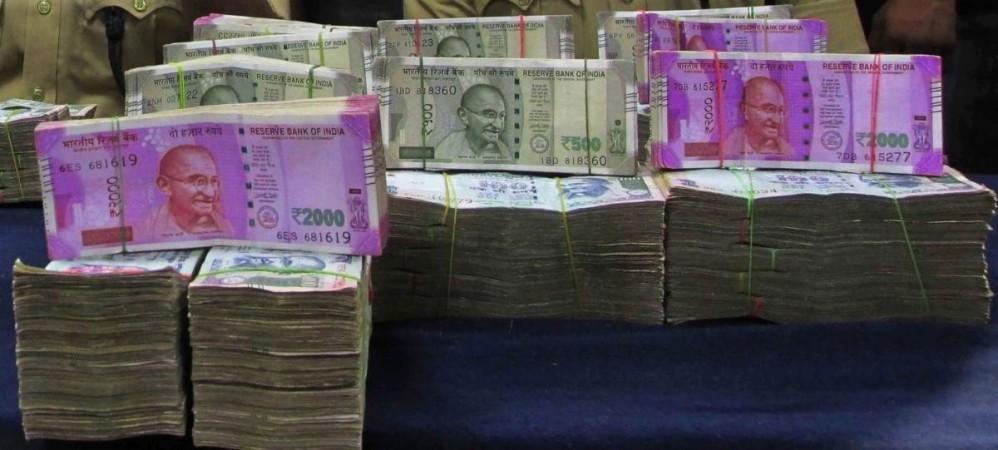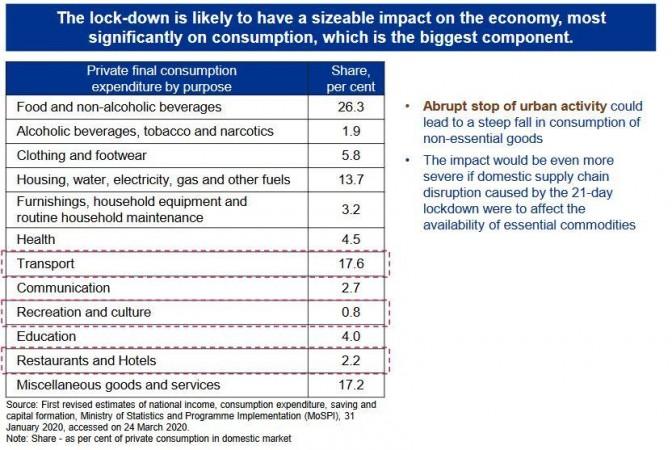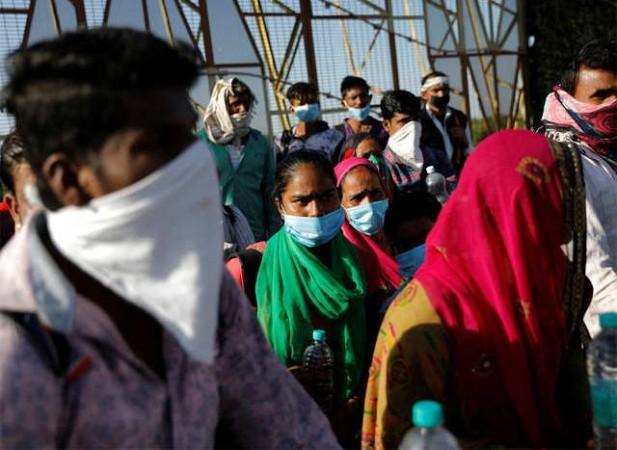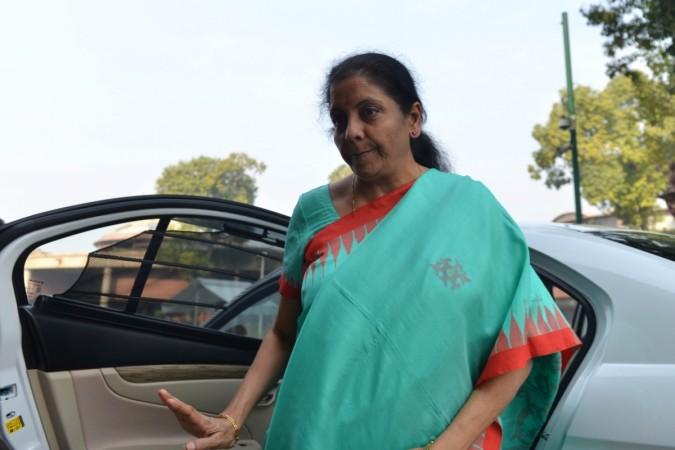While the national lockdown is quintessentially required to prevent all further possibilities of the viral spread of novel coronavirus, shutting down of services, on the other hand, paves way for job loss and drastic salary cut.
Most of the major world economies, including that of the United States, and China have faced a major crisis due to the pandemic.

Albeit all possible ways by the government to combat the economic crisis, India's financial instability is apparently the gravest ever.
Lockdown that creates crisis
Prime Minister and the Finance Ministry have been asking the major companies to implement all possible ways to retain their employees and avoid consequent job loss, although most of the firms shun these requests.
With no explanation and valid reason to provide for the termination, most of the employees are asked to leave sans prior notice or rational reasons.
In addition to those fired from the jobs, the fresh job seekers form the other cluster at the dead end. According to the IMF and World Bank, no soon can the world economy replenish, that being so, the fresh job aspirants will be kept bay. Parallel to this, a major population in the country is pushed into dire poverty and even starvation.

Where to find a job!
To sustain the unemployment scenario and its consequent effects is a herculean task for the Indian middle class.
Firms in major metropolitan cities agree that its business, down over 90 per cent, has nothing more to do, rather than sending its employees for 'a long leave' and to focus on maintaining a viable business that can survive today's worldwide economic disaster.
Not only the start-ups and small franchises, but the major moguls also strive to raise their sinking ships.
While the tourism sector faced the initial waves of the financial apocalypse, all major sectors and industries are now under the threat. While Bajaj Auto, India's third biggest two-wheeler manufacturer, has asked its factory employees to take a 10 per cent pay cut; Vistara has announced that 30 per cent of its workforce will take compulsory no-pay leave of one to three days, depending on employment grades (three days for senior-most employees) from April 15 to 30.

Daily wage and migrant workers
The most suffering among the working community due to the lockdown days are undoubtedly the daily wage earners, particularly the migrant workers.
India has seen the worst hit plight of these migrant working communities who had to walk miles to get back their homes, all lost of their jobs. Small and medium scale industries that employ them, find no way out than to stare at a bleak future.
In the recent announcement of the financial package by the central government, Finance Minister Nirmala Sitharaman released a relief package worth Rs 1.70 lakh crore to help the nation's poor tackle the financial difficulties arising from Covid-19 outbreak. This includes a mix of food security and direct cash transfer benefits which shield poor families during the lockdown.

India's bleak future
Yet according to leading economists like Amartya Sen, Raghuram Rajan and Abhijit Banerjee, these packages and measures cannot withstand the long-term crisis the nation is to face. The unexpected loss of income and savings can have more serious consequences. Although the government assures on the availability of food grains now, the farmers, in the later period, need money to buy seeds and fertilizer for the next planting season. Concomitant to this, the shopkeepers need to decide how to fill their shelves again in the mean time.
Most of the companies, on the other hand, lack the cash reserves to pay the full wages for their workers during these days. "Our 90 per cent industry is a cottage industry and is being run from small homes. Hence, paying full wages is not possible," says Darshan Dabar, a representative of the industry association to the media.

With no industries and firms agreeing to pay its employees for these 'leave' days, people are left perplexed for the days to come.








